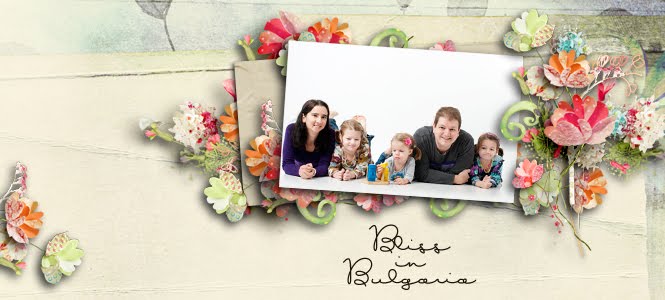If you’ve read the previous three blogs, you now know where
Bulgaria is, what language and alphabet they use there, and the basic
demographics of the country. Now I’m
going to go into a few contributions that Bulgaria has made to the world.
This week I will start with sports. I decided to cover sports because I got quite
a few comments about this guy after I posted his picture last week.
His name is Grigor Dimitrov, and he is one of the best
tennis players out there. He is also
(you guessed it) Bulgarian. He is
currently ranked as one of the top ten tennis players in the world. As he is still quite young, I would not be
surprised to see him crack the top 5.
Bulgaria also boasts some great soccer players.
Hristo Stoichkov was one of the greatest soccer players in
the world in the 1980’s and 90’s. He led
Bulgaria to the world cup semi-finals in 1994 and was named European footballer
of the year.
A more recent example of a great Bulgarian soccer player is
Dimitar Berbatov who has played for several major clubs around Europe including
Manchester United. (For those of you who
don’t speak soccer, Manchester United is one of the great European soccer clubs. Think New York Yankees or Green Bay Packers,
but for soccer.) Barbatov has also established a foundation to help young
talented Bulgarians. One of the
beneficiaries of this foundation was Grigor Dimitrov himself. Dimitar is an athlete with talent and heart.
One of my favorite Bulgarian athletes is Yordan
Yovchev. He is a world champion gymnast
who has competed in 6 summer Olympic games! (Yes, you read that right.)
Bulgaria also has a championship rhythmic gymnastics
team. Last year they won the world championship. Keep an eye
out for them at the 2016 Olympic games.
Sasha would not let me write a blog about Bulgarian athletes without mentioning Ivet Lalova. Lalova has
repeatedly won European championships for her sprinting ability, as well as
represented Bulgaria in multiple Olympic games. All this while overcoming a serious leg injury early in her career that would have ended many athletes dreams of ever competing again.
No list of Bulgarian athletes would be complete without
mentioning Stefka Kostadinova.
In 1984
she set the world record for woman’s high jump.
She then went on to break her own record . . . three times! Her current record is from August 30, 1987 at
2.09 meters. To give you some
perspective, she easily could have jumped over Scotty Pippin, Larry Bird, and
Magic Johnson. (But not Patrick
Ewing. That guy is just huge.) She holds the record to this day. She is currently the president of the Bulgarian Athletic Federation.
There are many other talented Bulgarian athletes out there,
and I’m sure if any of my Bulgarian friends are reading this they would add
several to the list. As I write this,
Sasha keeps reminding me of more and more, but I have to stop at some point, so
I will stop here.










